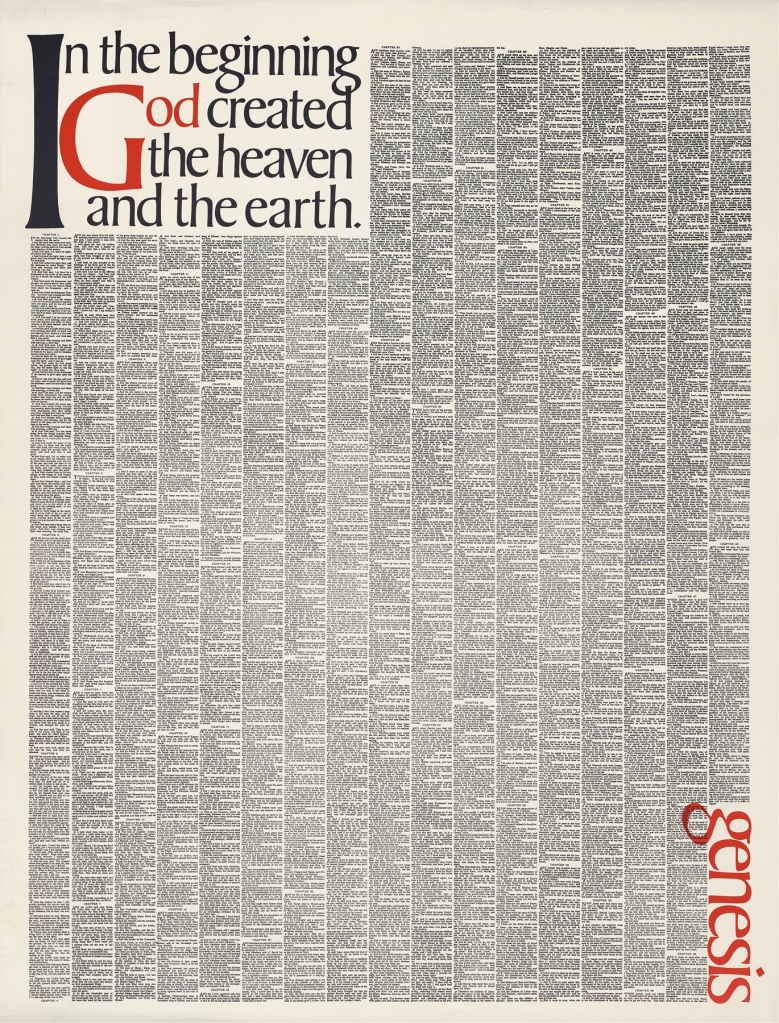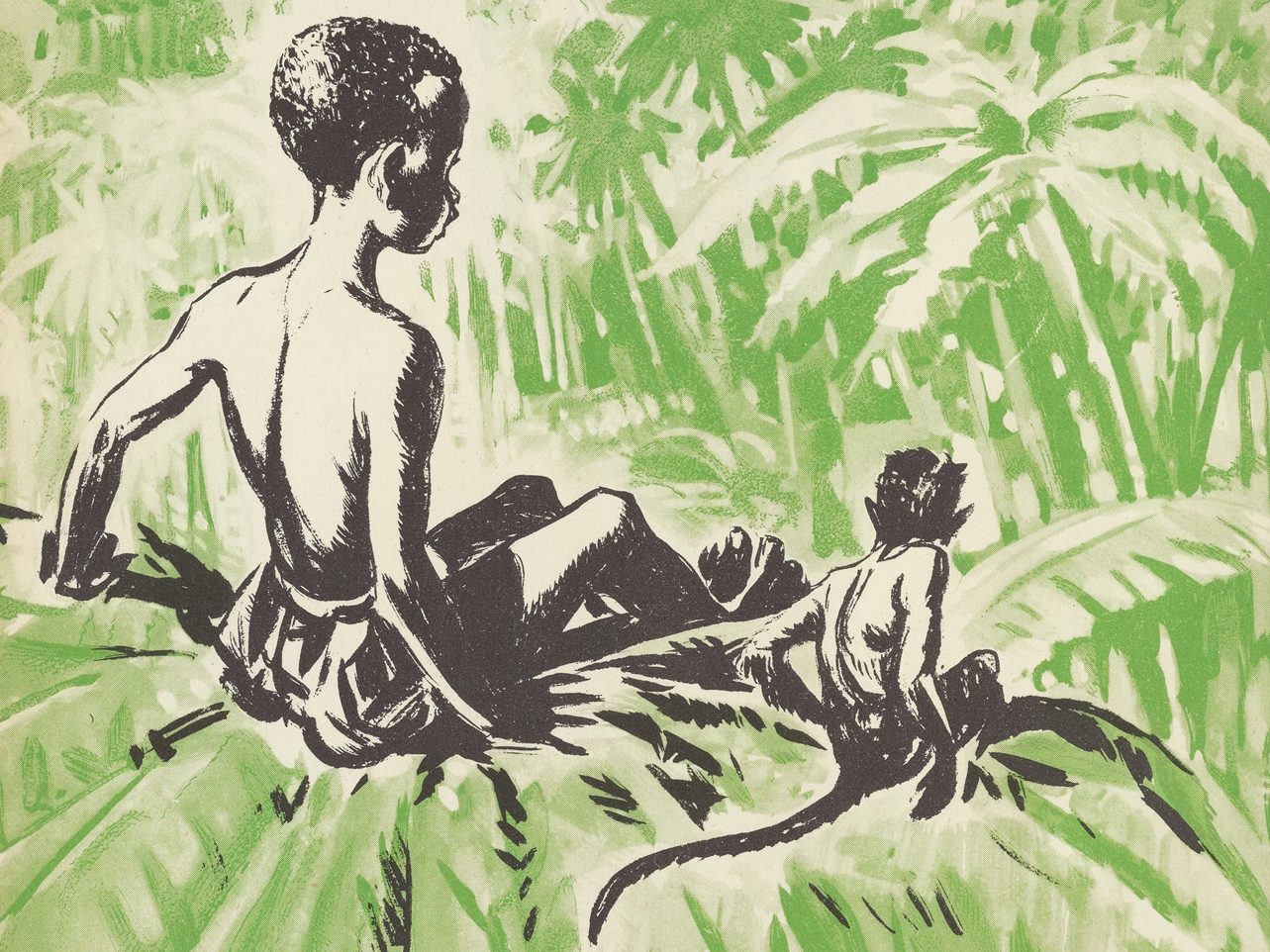The Architect stood forth and said:
“I am the master of the art:
I have a thought within my head,
I have a dream within my heart.
“Come now, good craftsman, ply your trade
With tool and stone obediently;
Behold the plan that I have made—
I am the master; serve you me.”
The Craftsman answered: “Sir, I will
Yet look to it that this your draft
Be of a sort to serve my skill—
You are not master of the craft.
“It is by me the towers grow tall,
I lay the course, I shape and hew;
You make a little inky scrawl,
And that is all that you can do.
“Account me, then, the master man,
Laying my rigid rule upon
The plan, and that which serves the plan—
The uncomplaining, helpless stone.”
The Stone made answer: “Masters mine,
Know this: that I can bless or damn
The thing that both of you design
By being but the thing I am;
“For I am granite and not gold,
For I am marble and not clay,
You may not hammer me nor mould—
I am the master of the way.
“Yet once that mastery bestowed
Then I will suffer patiently
The cleaving steel, the crushing load,
That make a calvary of me;
“And you may carve me with your hand
To arch and buttress, roof and wall,
Until the dream rise up and stand—
Serve but the stone, the stone serves all.
“Let each do well what each knows best,
Nothing refuse and nothing shirk,
Since none is master of the rest,
But all are servants of the work—
“The work no master may subject
Save He to whom the whole is known,
Being Himself the Architect,
The Craftsman and the Corner-stone.
“Then, when the greatest and the least
Have finished all their labouring
And sit together at the feast,
You shall behold a wonder thing:
“The Maker of the men that make
Will stoop between the cherubim,
The towel and the basin take,
And serve the servants who serve Him.”
The Architect and Craftsman both
Agreed, the Stone had spoken well;
Bound them to service by an oath
And each to his own labour fell.
(Discovered in Sayers’ The Man Born to be King)

